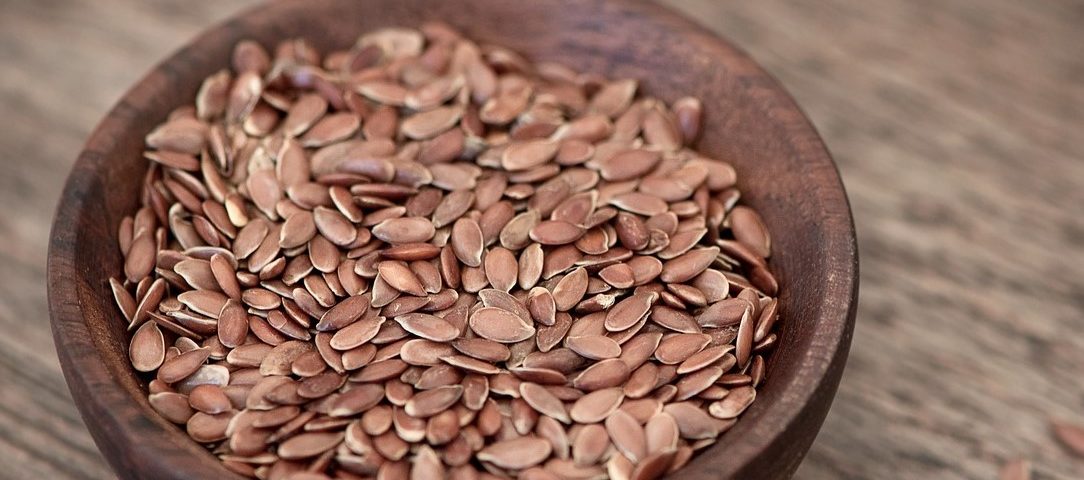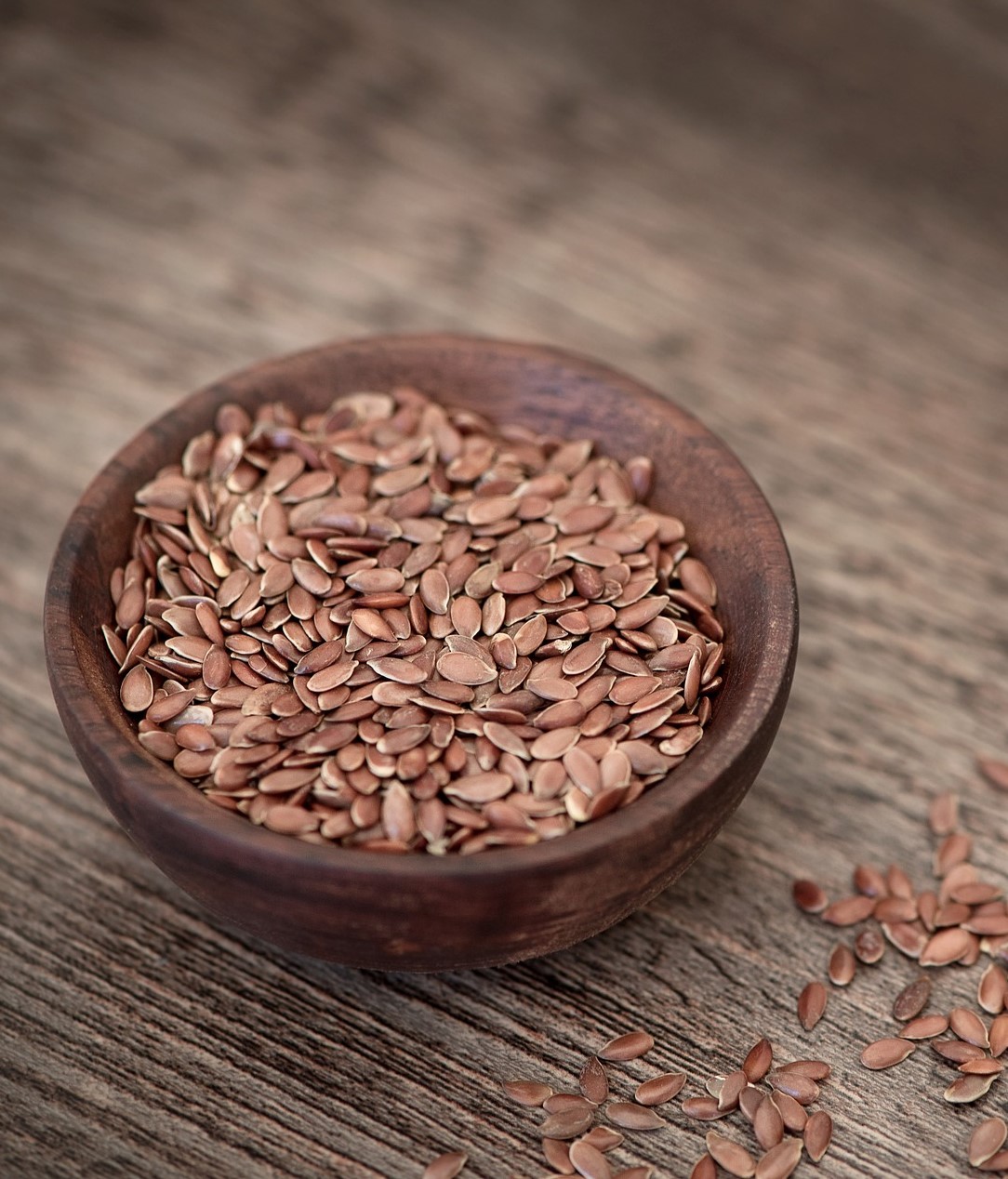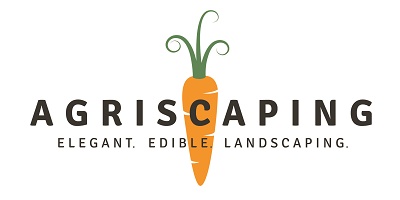
Starting a Garden -- Seeds and Seedlings!
by Farmer Jen Gammons-Mujica
When the famous words “Planting Season” roll around there are two ways to get your
garden started. Starting with seeds offers hardy and abundant batches of vegetables
and fruits albeit after 60-90 days of patience (except for fast growers like radishes and
baby beets). You can jump-start your edible garden with seedlings and be eating from
your garden almost immediately. Seedlings are a great choice if you have a trustworthy
nursery that sells top quality organic seedlings or has the space to grow your own
indoors.
Let’s start with sowing a garden from seeds. Growing a garden from seeds offers one
of the greatest lessons a garden can teach ... that nature (and life) unfolds at exactly
when it is supposed to.
Growing a garden outdoors from seeds has many advantages. It's more affordable than buying seedlings from a nursery. Planting your garden with seeds allows you to grow a diversity of vegetable and fruit varieties. Most seed companies have both an online and printed seed catalog. Only use seed companies that are USDA Certified Organic and Non-GMO sellers. Check out-growers like High Mowing Seeds or the famous Whole Seed Catalog for amazing heirloom seeds.
While the colorful catalogs may entice you to try growing new tomatoes and exotic
peppers in your garden, always find out which varieties grow best in your growing zone.
Call the seed companies directly as they are very helpful at sharing advice and
information. Those sweet and delicious green beans may not thrive in the hot, dry
desert. Fiery habaneros grow best in the long days of intense sun in the southwestern
U.S. climate.
When planting seeds there are 5 important conditions to remember for faster
germination and more abundant gardens: planting dates, proper spacing, regular
watering, plenty of sun, and planting depth.
It’s very important to know the seed planting dates for your Grow Zone. The window of
time for best results is much smaller with seeds than seedlings. While the seed
packets will say plant seeds at 46 degrees at night or warmer, I have learned seeds
germinate best at 50 degrees and warmer. Make sure your seeds are watered lightly
and regularly during the first couple of weeks or until they germinate. Plant seeds at a
depth that is twice the size of the seed. That speeds up germination!
Here's a TIP! You can alter the microclimate of your garden and have more time to
start a garden from seeds when using hoop houses. Hoop houses are easy to install
and can raise the temperatures 5 - 10 degrees to boost germination in a colder planting
season.
Lastly, I plant generously and thin out later. It’s often common that some of your seeds
will not germinate. Plant generously to guarantee you have plenty of vegetables from
that round of seeds. If your sprouts are crowded simply thin out the sprouts (pulling the
weakest seedlings first), wash thoroughly, and toss them onto a salad or sandwich!
There’s one more tip for seed planting! Cover your seed rows with bird netting if you
live in a yard or neighborhood with tall trees that are a habitat for birds. Birds quickly
find a source of food in your garden. Many people think their seeds aren’t germinating
when in reality they were eaten by birds! You can also give the birds another food
source by hanging a bird feeder far from the garden.
So you are ready to eat from your garden sooner than 60-90 days? Transplants (or
seedlings) are a great choice! Check for quality (i.e. healthy plants and no signs of bug
infestations). Ask the nursery if they are organic and non-gmo. Remember...a “Non
GMO” label does not guarantee that the seedlings were grown organically.
You can also start your own seedlings indoors. Plant your seeds 4-6 weeks before
planting season. Indoor growing systems like shelves with grow lights or a space-saving hydroponic unit with lights make seed starting simple. I’ve even used a tray near
a window with all-day indirect sunlight.
Be sure to check out Queen Creek Botanical Garden’s website at qcgardens.org and
“Shop” for selections of locally grown plants and fruit trees for the Phoenix, Arizona
area.
Happy Gardening!
Farmer Jen
To find out what webinars or live classes are available for free click here!
* You can find out more about Farmer Jen at https://farmerjenorganics.com/ .

